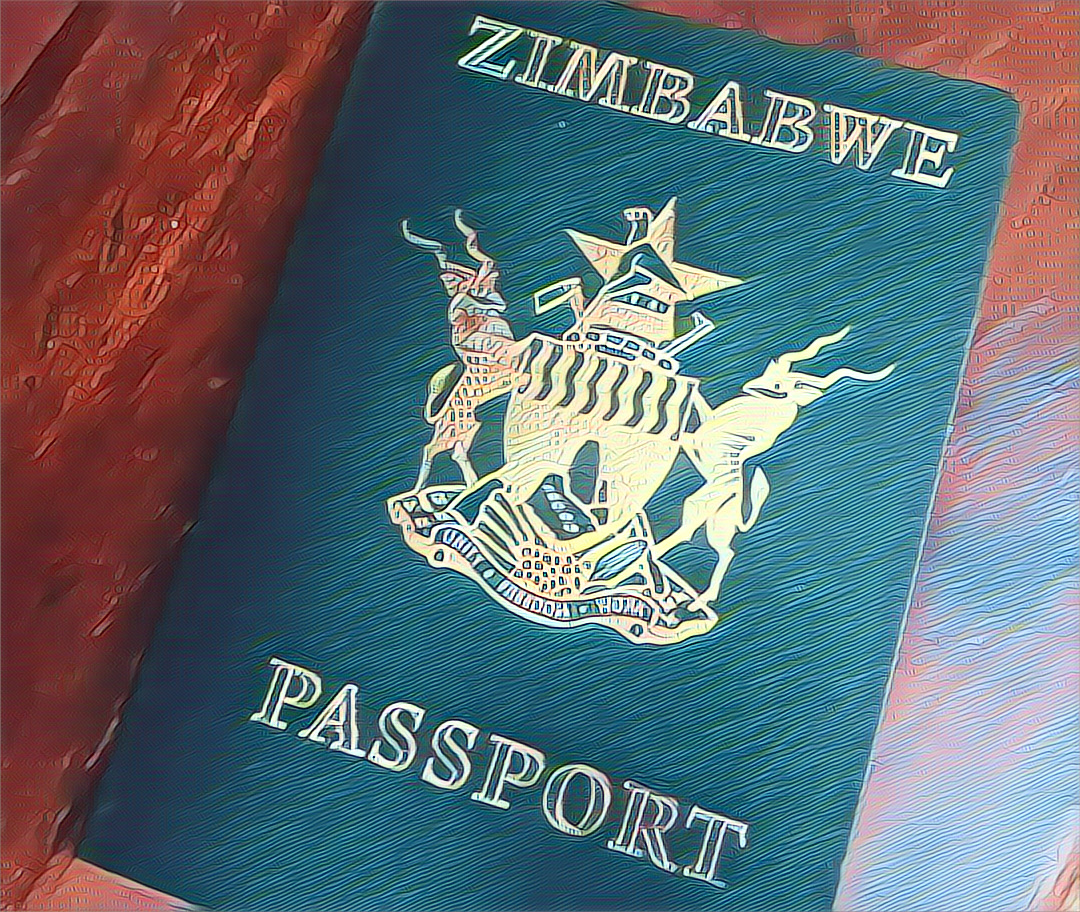Zimbabweans living abroad will soon be able to apply for passports and other identity documents without having to travel back home, the government has announced. This is a welcome development for many Zimbabweans who have faced challenges in renewing their passports due to the country’s economic crisis and the COVID-19 pandemic.
Home Affairs Minister Cain Mathema said the government will roll out outreach programs to provide vital registration documents to Zimbabweans in the diaspora. He said the purpose of the outreach will be to issue birth certificates and national identity documents, as well as receive applications for passports for processing back in Harare.
Mathema said the decision was made by the Home Affairs, Foreign Affairs, and International Trade ministries, as well as the Parliamentary Portfolio Committee on Foreign Affairs and International Trade. He said the initiative will benefit Zimbabweans in South Africa, the United Kingdom, the USA, and two other countries, which he did not name.
Zimbabweans in the diaspora will be expected to pay application fees for the documents in foreign currency, according to the minister. He said the passport office will process the applications within 10 working days and send them back to the diaspora through the Ministry of Foreign Affairs.
The move comes as Zimbabwe is experiencing an acute shortage of passport paper, which has resulted in a backlog of over 400,000 applications. Many Zimbabweans have resorted to applying for emergency passports, which cost US$250, while ordinary passports cost US$50. However, even the emergency passports are taking months to be issued, leaving many people stranded and frustrated.
The government has blamed the passport crisis on the shortage of foreign currency to import the required materials, as well as the low passport fees, which it said are not cost-reflective. It has also accused some officials at the Registrar General’s office of corruption and inefficiency and vowed to take action against them.
The Zimbabwean diaspora is estimated to be around three million, with most of them living in South Africa, where they work as professionals, traders, miners, and domestic workers. Many of them left the country during the hyperinflation era of 2008 when the economy collapsed and basic services deteriorated.
Zimbabweans in the diaspora have been contributing significantly to the country’s economy through remittances, which reached US$1 billion in 2020, according to the Reserve Bank of Zimbabwe. They have also been supporting their families and communities back home with food, clothing, education, and health care.
However, many of them have also faced challenges in accessing their rights and services in their host countries, such as voting, banking, health care, and education. Some of them have also been victims of xenophobia, exploitation, and human trafficking.
The government has said it is committed to engaging and empowering the diaspora and has established a Diaspora Directorate under the Ministry of Foreign Affairs and International Trade. It has also launched a Diaspora Policy, which aims to facilitate the participation and contribution of the diaspora in the national development agenda.
The government has also expressed its intention to allow the diaspora to vote in the 2023 elections but said it needs to amend the Electoral Act and the Constitution to enable that. However, some civil society groups and opposition parties have accused the government of dragging its feet on the issue and called for more pressure and dialogue to ensure the diaspora’s right to vote.
Zimbabweans in the diaspora have welcomed the government’s announcement on passport applications, saying it will ease their burden and save them time and money. They have also expressed hope that the government will fulfill its promises and address their other concerns, such as voting, dual citizenship, and investment opportunities.
Source: Bulawayo24 News


